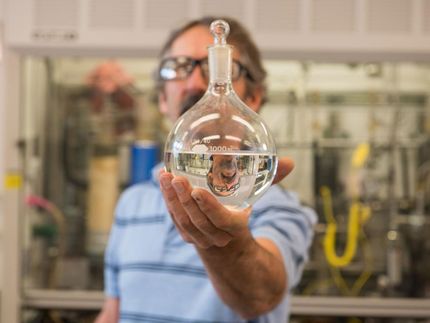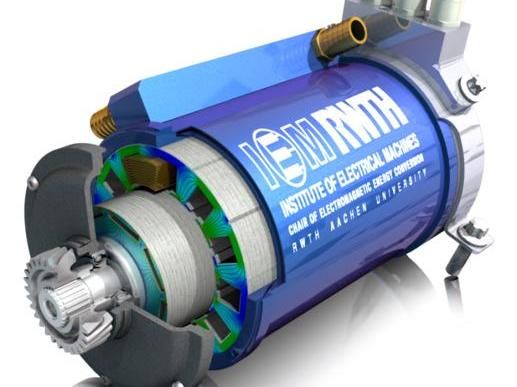New technologies to eliminate fossil fuel use in the sugar industry
QUT researchers are leading the way in developing and testing new technologies as part of a $5.7 million three-year project with the potential to eliminate the use of fossil fuels in the sugar industry.
Associate Professor Ian O'Hara, from QUT's Centre for Tropical Crops and Biocommodities, said the project would see new technologies developed and demonstrated to turn sugarcane trash into renewable fuels for use in sugarcane farming, processing and transportation.
The project has received funding from the Australian Renewable Energy Agency (ARENA), and partners including Griffith University, Sunshine Sugar and Utilitas Pty Ltd.
"While the sugar industry produces large amounts of bioenergy from sugarcane bagasse with surplus electricity exported to the grid, significant quantities of fossil-based fuels are used in the growing, harvesting and transport of sugarcane, and in certain factory operations," Professor O'Hara said, who is speaking at the Australian Society of Sugar Cane Technologists conference in Mackay today (Thursday).
"This project seeks to reduce or eliminate the use of fossil fuels in sugarcane production by developing technologies for biogas production from sugarcane residues that convert the residues to renewable fuels suitable for farming use and transportation.
"The major sources of fossil fuel use in the sugar industry are diesel use for planting, cultivation, harvesting and transporting sugarcane, and coal use in factories."
Professor O'Hara said while sugarcane waste could be collected, separated, and burnt in cogeneration boilers for electricity production, research had shown it was generally not an economically viable option.
"Instead, we want to develop technologies that allow sugarcane trash and surplus bagasse to be economically biodigested to produce biogas which can be upgraded to biomethane to replace diesel use in sugarcane farming and transportation and replace coal use in factories," he said.
"It is about turning a waste disposal problem into a bioenergy opportunity for the sugar industry and as a result reducing the carbon footprint of raw sugar production, and increasing income from bioenergy."
As part of the project, Professor O'Hara said the new technologies would be tested at the laboratory, pilot and factory scale.
"Trials will be conducted initially in laboratories at QUT and Griffith University, before being trialled at the Mackay Pilot Plant and on-site at the Broadwater Sugar Mill in northern NSW," he said.
Professor O'Hara said the use of fossil fuel in Australian's $2 billion sugar industry, resulted in greenhouse gas emissions and were a major cost burden on the industry.
"The project will develop technologies that offer the opportunity to reduce or perhaps even completely replace the use of these fossil fuels with fuels derived from sugar processing wastes," he said.
Most read news
Other news from the department science

Get the chemical industry in your inbox
By submitting this form you agree that LUMITOS AG will send you the newsletter(s) selected above by email. Your data will not be passed on to third parties. Your data will be stored and processed in accordance with our data protection regulations. LUMITOS may contact you by email for the purpose of advertising or market and opinion surveys. You can revoke your consent at any time without giving reasons to LUMITOS AG, Ernst-Augustin-Str. 2, 12489 Berlin, Germany or by e-mail at revoke@lumitos.com with effect for the future. In addition, each email contains a link to unsubscribe from the corresponding newsletter.






























































